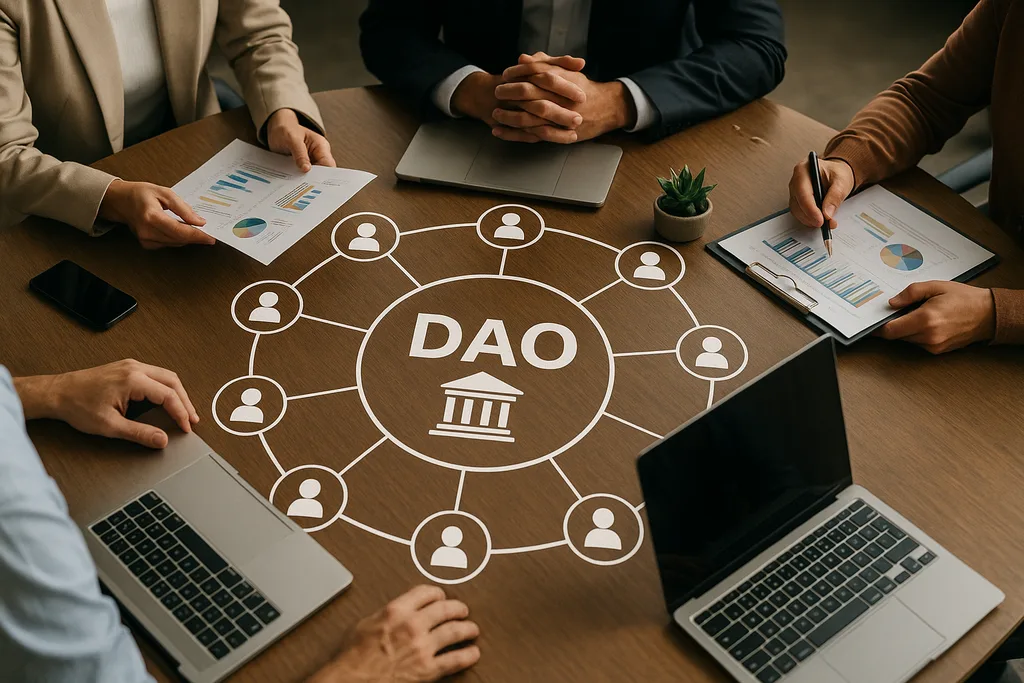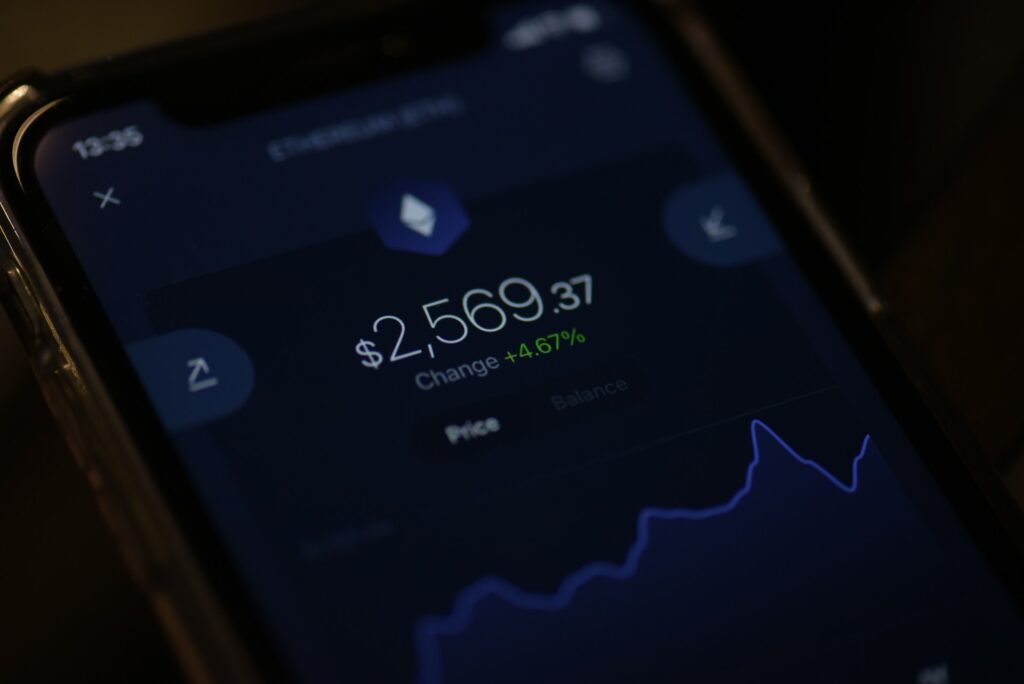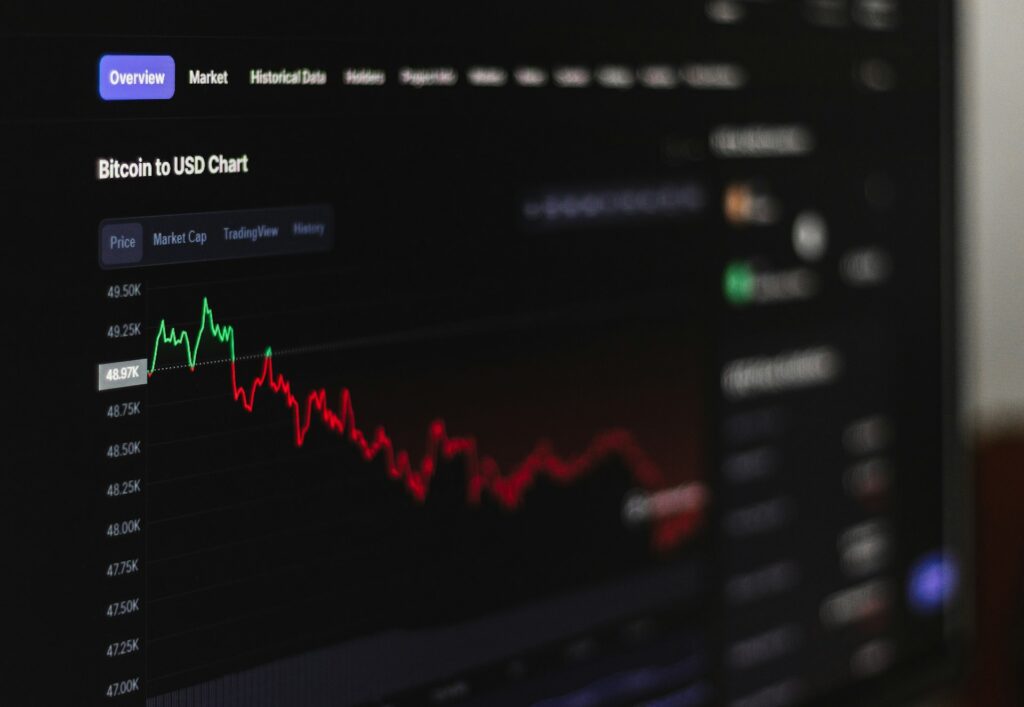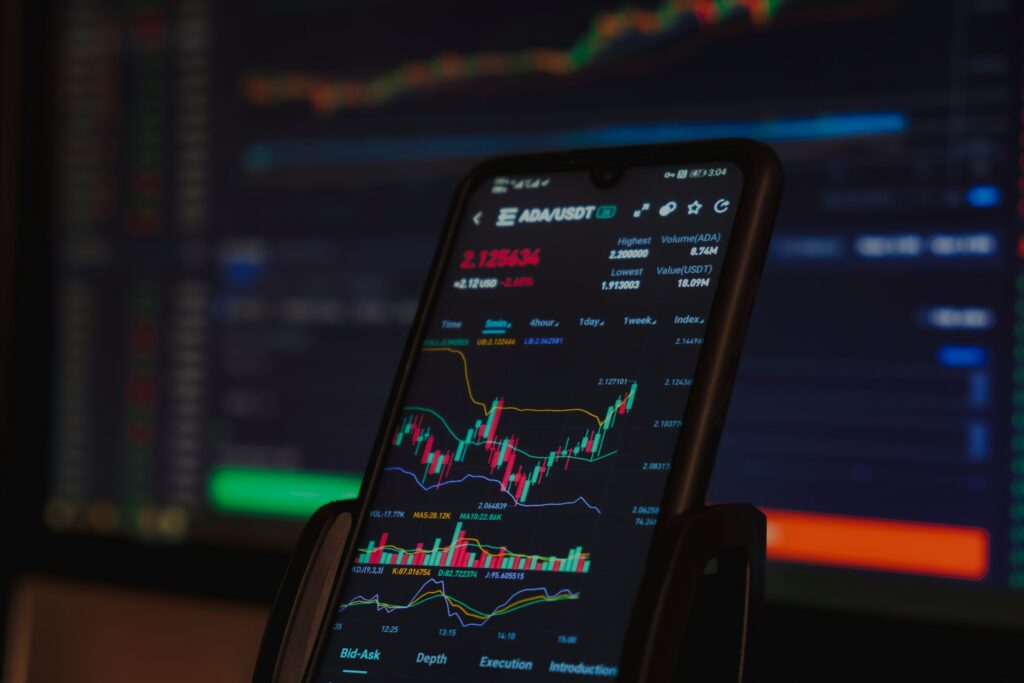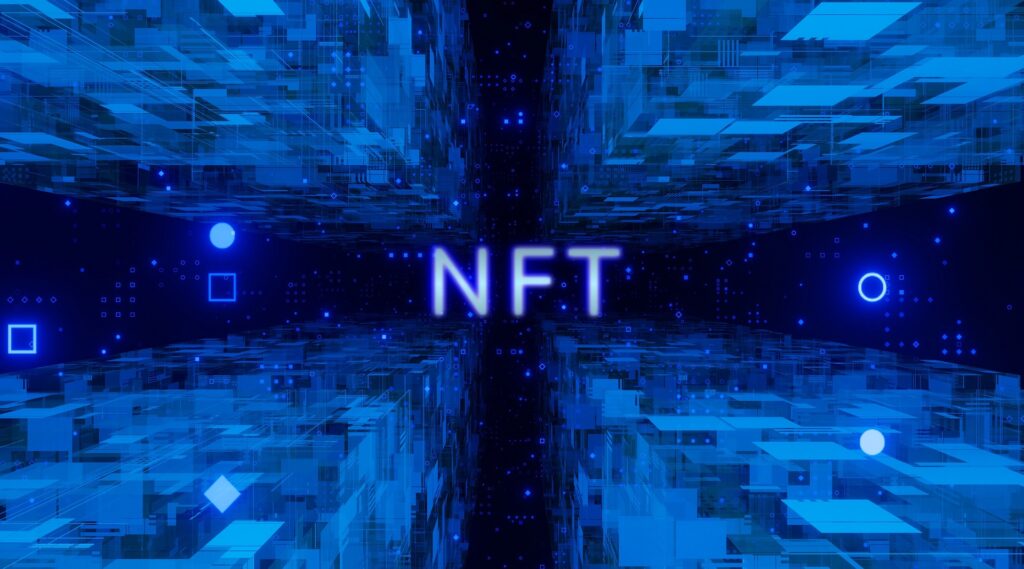The pizza party that changed my mind
A few years ago, I was part of this massive Reddit group where we talked about crypto all day long. One day, someone asked, “Why don’t we all chip in and buy a pizza place?” It started as a joke, but then a user replied with, “We could, actually. Ever heard of a DAO?”
That was my first real encounter with the idea of DAOs in crypto. And yes, it sounded crazy at the time, strangers on the internet pooling money and making group decisions without a CEO or manager? But as I dug deeper, I realized this was not only possible, it was already happening.
If you’ve seen the term DAO flying around and thought, “Ugh, another complicated crypto buzzword,” you’re not alone. But I promise, once you get the hang of it, it’s actually one of the most fascinating parts of the blockchain world.
What is a DAO in crypto?
DAO stands for Decentralized Autonomous Organization. Sounds like a mouthful, right? But here’s a super simple way to think about it:
A DAO is a group of people who make decisions together using code instead of a boss.
Everyone gets a vote. Rules are written in smart contracts (which are just bits of code on the blockchain), and once something is agreed upon, it’s done. No managers. No paperwork. No waiting on someone to approve things.
Here’s a simple table to break it down:
| Traditional Company | DAO |
|---|---|
| Has a CEO or board | Has no leader; governed by members |
| Needs trust in managers | Needs trust in smart contracts |
| Decisions made behind closed doors | Decisions made transparently on the blockchain |
| Employees follow orders | Members vote on everything |
So in our Reddit pizza example, a DAO would let us:
- Vote on which city to open in
- Choose toppings and pricing
- Split profits automatically
All without ever meeting in person or trusting one single individual!
How a DAO actually works?
Here’s what happens step-by-step when a DAO is set up and running:
- Create smart contracts:
Someone writes the rules of the DAO using smart contracts. These are programs that live on a blockchain like Ethereum. - Raise funds (usually in crypto):
Members contribute ETH or another token to join. In return, they get governance tokens that give them voting rights. - Propose and vote:
Anyone with tokens can suggest an idea. It could be a budget change, a new project, or even a meme contest. - Majority wins:
If most people vote yes, the smart contract automatically executes the decision. No delays. No approvals needed. - Ongoing participation:
Members keep suggesting and voting as the DAO grows and evolves.
Here’s a real-life comparison:
| In Real Life | In a DAO |
|---|---|
| HOA members vote on garden rules | DAO token holders vote on app upgrades |
| Kickstarter backers donate and hope | DAO backers vote and control the project |
A Redditor once described it best: “A DAO is like a company run by a Discord server with a bank account that no one controls, but everyone does.”
Real-world DAOs doing cool stuff
This is not just theory. DAOs are already being used in some pretty wild ways. Here are a few you might have heard of:
1. ConstitutionDAO
In 2021, a group of internet users formed a DAO to buy a rare copy of the U.S. Constitution at auction. They raised over $40 million in ETH in less than a week. While they didn’t win the auction, it proved what was possible.
2. MakerDAO
This DAO runs Dai, a stablecoin pegged to the US dollar. Members vote on changes to the interest rate, collateral rules, and other financial mechanics.
3. Krause House DAO
A DAO that wants to buy an NBA team. Yeah, for real. The idea is to let basketball fans run a team instead of billionaires.
4. Friends with Benefits (FWB)
Think of this as a DAO-powered social club. You need tokens to join, and members get access to events, exclusive content, and voting rights on the community’s direction.
These DAOs show that it’s not just about money. It’s about shared ownership and community-driven action.
Benefits and risks of DAOs
Let’s talk pros and cons. Because while DAOs are exciting, they’re not perfect.
Benefits
- Decentralized control: No single person can hijack decisions or funds.
- Global collaboration: People from anywhere in the world can work together.
- Transparent rules: Everything is on the blockchain. You can’t lie or hide stuff.
- Fast execution: If the vote passes, things happen automatically.
- Aligned incentives: Members often have a financial stake, so they want the DAO to succeed.
Risks
- Code bugs: If the smart contract has an error, it can be exploited. The infamous 2016 DAO hack lost $60 million due to a flaw.
- Voter apathy: Sometimes, people don’t bother to vote, and bad decisions get through.
- Regulation uncertainty: Governments are still figuring out how to handle DAOs legally.
- Too much democracy: Imagine if every small decision needed a vote; it could slow things down.
Here’s a quick summary table:
| Pros | Cons |
|---|---|
| Decentralized and transparent | Code errors can be disastrous |
| Global and inclusive | Low voter turnout can stall progress |
| Rules are clear and public | Not legally recognized everywhere |
| Community ownership | Governance can get messy |
How to join a DAO (and should you?)
If this sounds exciting and you want to dip your toes in, here’s how you can start:
1. Explore DAOs on websites like:
- DeepDAO.io: Shows top DAOs by treasury size and activity
- DAOlist: A curated list of emerging DAOs
2. Join the community first:
Most DAOs have Discords or forums. Lurk, ask questions, and see if it’s your vibe.
3. Get tokens:
Some DAOs require you to buy tokens to join or vote. Others let you participate freely.
4. Read the rules:
Always check the DAO’s smart contract details, mission, and past votes.
5. Start small:
Vote on a few proposals, maybe join a working group, and get a feel for how things work.
You don’t need to be a tech nerd or crypto millionaire. Just curiosity and a willingness to participate!
Conclusion: The future of organizations is here
DAOs might seem like a niche crypto experiment, but they’re quietly changing how people organize, build, and govern projects. They remove middlemen, reward participation, and open doors for anyone, anywhere, to have a say.
It’s like turning the internet into a democracy where money, code, and community all meet!
In the future, we might see:
- Neighborhood DAOs replacing local councils
- Music DAOs funding and managing artists
- Freelance DAOs where workers vote on projects and share profits
And just like that Reddit pizza idea, these things can start with a group of people, a shared goal, and a bit of code.
If you’ve ever felt left out of decisions in your company, school, or city, DAOs offer a different way, a chance to build and decide together.
Now that you know what a DAO in crypto is, maybe the next great internet organization could have you as a founding member.
With over five years of experience in the tech industry, Kazim excels at simplifying complex topics, making them accessible to tech enthusiasts and general readers alike.
He has contributed to several renowned publications worldwide, including WindowsReport and Allthings.how, bringing insightful coverage of key developments in the field.
When he’s not writing, you’ll find Kazim planning weekend getaways or diving into tech verticals beyond his expertise.
